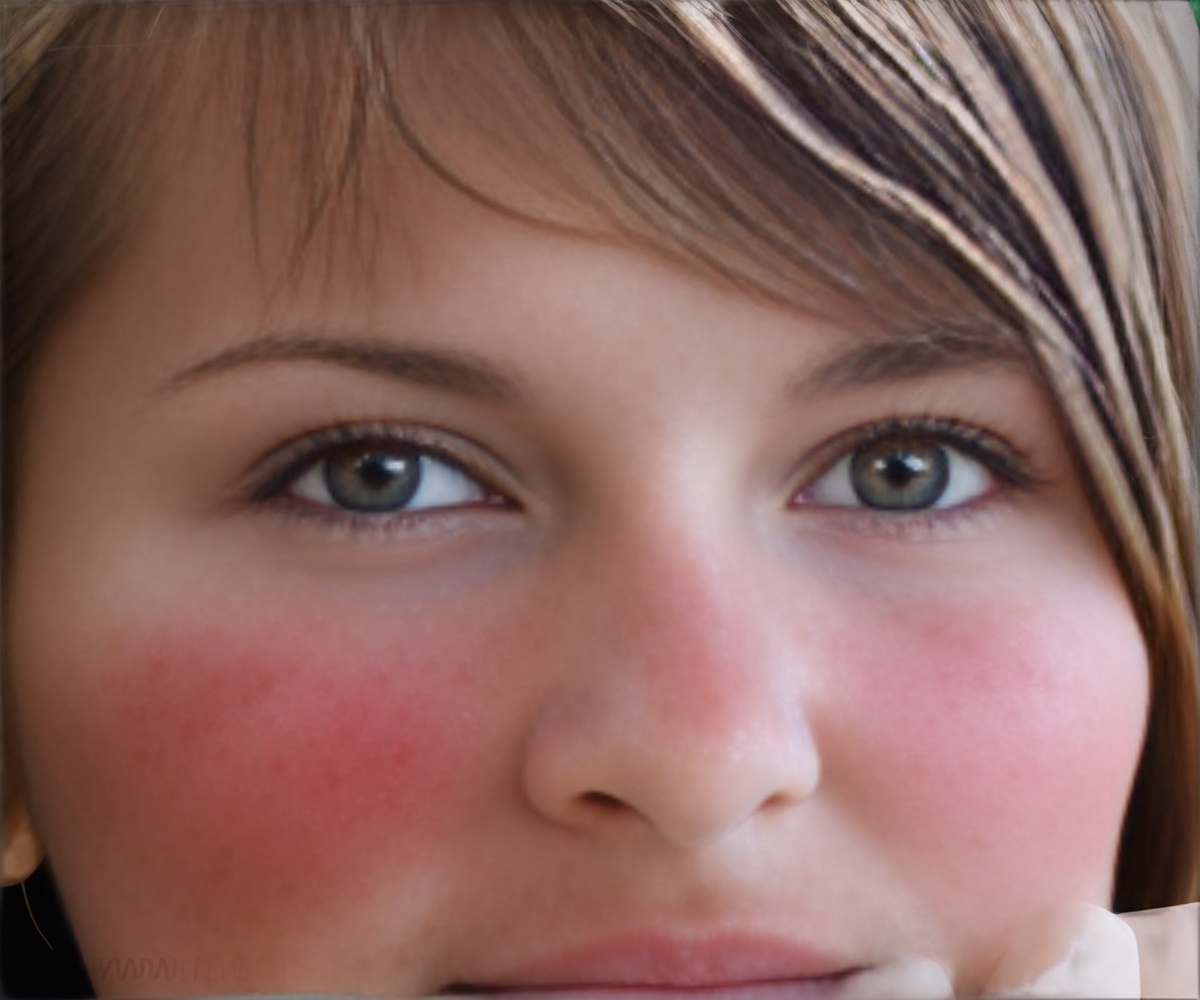Researchers have now developed a new insecticide to target the bugs living on your face which worsen rosacea. Read on to get the inside story.

A new insecticide has been developed to tackle these mites, and not surprisingly, it is actually derived from compounds that are used to deal with mite infestations and scabies in animals. This insecticide contains a compound known as ivermectin, which is safe and effective, and is thought to cure almost half of the patients suffering from rosacea who didn’t respond to other treatment options.
“This is genuinely a breakthrough treatment for the severest type of rosacea and it is showing remarkable success in easing this distressing skin disease,” dermatologist Dr Nick Lowe, of London’s Cranley Clinic, explained. It is speculated that rosacea sufferers have around 10 times more ‘mites’ on their face, and this new insecticide-cum-cream works by killing these mites. What’s more, this insecticide also deals with skin spots and reduces facial redness dramatically.
The researchers asked the study subjects suffering from moderate-to-severe rosacea to apply the insecticide cream once at night for a period of 12 weeks. Follow ups revealed that around 40% of the patients reported their skin was almost clear, and overall, around 70% patients rated their skin quality as excellent or good.
“I didn’t expect to see such dramatic improvement so rapidly and so consistently, in treated patients,” says Dr Linda Stein Gold, a US dermatologist and lead investigator in the Ivermectin study. The researchers have now submitted an application to the health authorities in the UK, which will probably help dermatologists to start using this new cream legally from 2015.
It is estimated that around 1 in every 10 people in the UK suffer from rosacea- a genetic skin condition that usually turns up after 30 years of age. This painful skin condition causes the blood vessels on the face to dilate, which may lead to painful swelling and redness of the skin, acne, pus-filled spots, uncontrollable flushing and possible eye irritation too. The current treatments for rosacea include oral antibiotics, topical creams and others.
Source-Medindia









